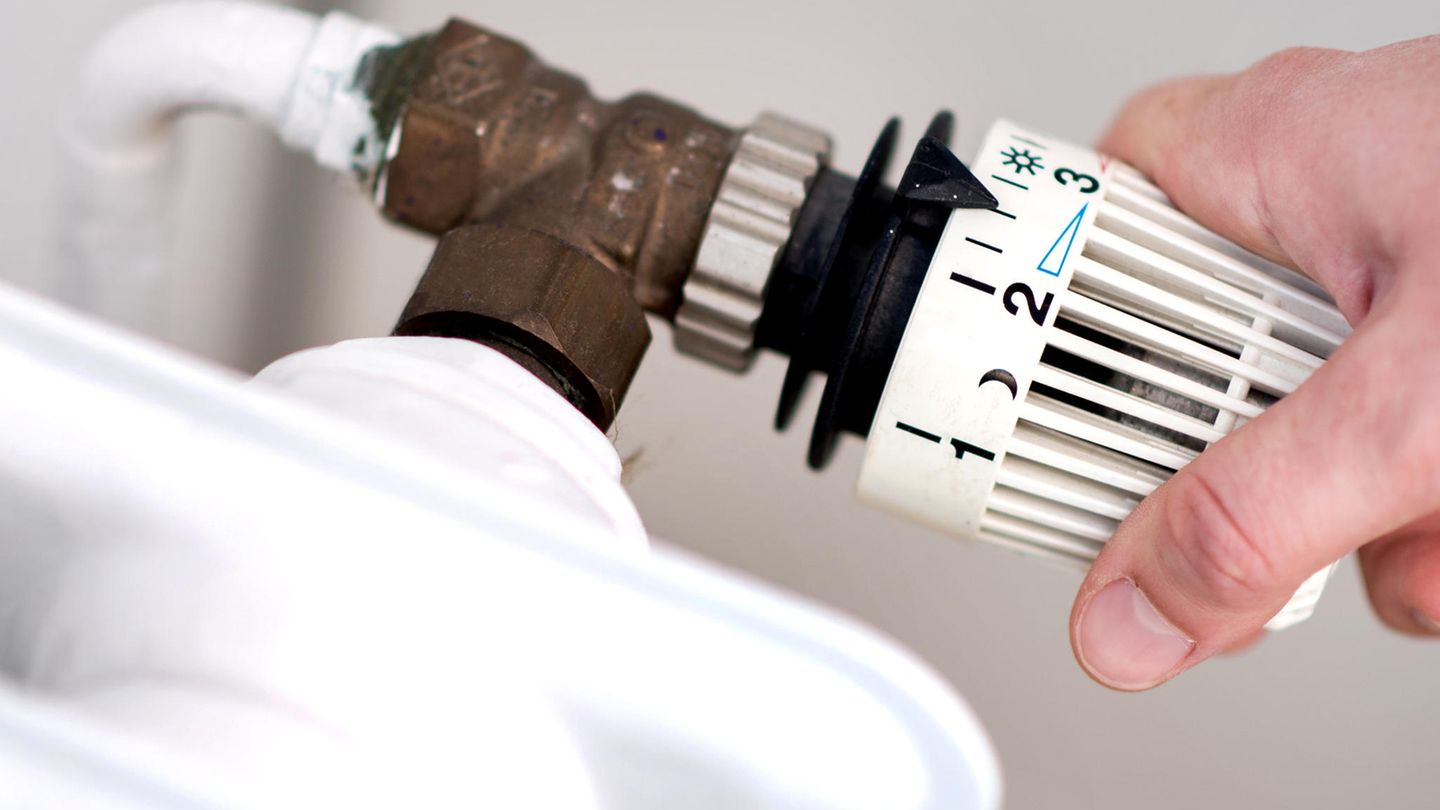The costs for gas and electricity in Europe are exploding, they have not been so high for a long time. Households could no longer pay the bills. The euro countries are therefore concerned. The call for action at EU level is growing louder. You need to know that now.
International energy prices have been rising rapidly since the beginning of the year. According to Simone Tagliapietra from the “Bruegel” think tank, the gas price is primarily responsible for this. The wholesale price of natural gas rose around 440 percent between January and October. Gas is used for heating, but also to generate electricity – so fossil fuel also influences how much electricity costs.
In Germany, electricity has become around 140 percent more expensive on the stock exchange since January, 340 percent in Italy and as much as 425 percent in Spain. Around three quarters of the electricity price in this country is not determined by energy costs but by taxes, levies and network charges.
What do the high prices mean for consumers?
The price increase is also reflected in the electricity and heating bills of households – albeit not as dramatically as in wholesalers. According to the comparison portal Check24, heating costs in Germany rose by 33 percent in September compared to the previous year. Consumers paid four percent more for electricity.
Why has the energy price increased so much? On the one hand, the demand for energy has increased worldwide during the recovery from the corona pandemic, as the economy is producing more again. At the same time, the supply of energy has fallen – for example due to droughts in Brazil, where a lot of electricity is produced from hydropower. On the other hand, the winter was particularly hard in many places, which reduced reserves. Thilo Schäfer from the Institut der Deutschen Wirtschaft (IW) points out that less renewable energy was produced in the summer.
In addition, it is assumed that large companies are taking advantage of developments in the market. Georg Zachmann from “Bruegel” says that although the Russian gas producer Gazprom has fulfilled its supply contracts with Europe, it has not met the demand beyond that despite the attractive prices. With this, Gazprom could aim to drive up prices – or to exert pressure, so that the controversial Baltic Sea pipeline Nord Stream 2 is brought into operation more quickly.
Does the energy transition have anything to do with the rise in prices?
Critics also blame climate protection measures for this. The price of carbon dioxide (CO2) in emissions trading has risen, making power generation from coal less attractive, but it can also make electricity more expensive if there are no alternatives. In the EU emissions trading system, for example, electricity providers have to pay for the emission of greenhouse gases such as CO2. Critics fear that expanding the system will put an additional burden on consumers. According to Tagliapietra, emissions trading is only responsible for a fifth of the price increase. The EU system has also ensured that coal is no alternative to the high gas prices – and thus prevents higher emissions. From Zachmann’s point of view, the only alternative is energy efficiency and clean electricity.
Is the increase only temporary?
Politicians and experts believe that the rise in prices will not last forever. IW Schäfer estimates that there could be a recovery as soon as reserves fill up or Nord Stream 2 comes on stream. According to Tagliapietra, the gas price could halve by April.
EU countries react with measures
Some EU countries have taken steps to protect consumers. France has announced a tariff brake for electricity and gas and wants to pay poor households 100 euros each. Italy wants to spend three billion euros to waive some of their electricity and gas bills, for example through tax cuts.
However, there are also calls for action at EU level. “This is not an issue that we can address at national level. We believe that we need a coordinated European response,” said Spanish Economy Minister Nadia Calvino before the Eurogroup meeting on Monday. Among other things, Spain proposed to create a European strategic energy reserve.
The French Finance Minister Bruno Le Maire also called for greater intervention in the energy market. “It is necessary to address the situation of the energy market because it is not made for what we want to achieve and that is the fight against climate change,” said Le Maire. Luxembourg meanwhile makes speculation on the gas market partly responsible for the price increase and proposed a revision of the EU directive. “We have to stop the extremely speculative behavior of some traders,” said Luxembourg’s energy minister, Claude Turme. Poland blames, among other things, the EU emissions trading for the price increase and demands a rethinking of the structure of the system.
What can the EU do?
In the short term, the EU can intervene little, say experts. It is up to the member states to cushion the social consequences, said Schäfer. According to Tagliapietra, the EU Commission can advise states and coordinate measures, especially to prevent market distortion. The Brussels authority has announced a “toolbox” that could contain such a guide. In the long term, the EU should implement its climate package more quickly in order to be less dependent on fossil fuels, experts agree. Making gas cheaper does not solve the problem in the long term, said Zachmann.
Jane Stock is a technology author, who has written for 24 Hours World. She writes about the latest in technology news and trends, and is always on the lookout for new and innovative ways to improve his audience’s experience.




